A Scottish Government jobs summit in Aberdeen has been deemed a success, with trade unions suggesting doubt has been cleared on the creation of a skills passport for oil and gas workers.
Spearheaded by energy secretary Michael Matheson, the conference at the Norwood Hall was set up in the wake of a rising tide of concern on the ability of oil and gas workers to transition to jobs in the renewables industry.
A focal point of the event was concerns around the creation of an offshore skills passport designed to prevent duplication of hefty training costs to allow workers to smoothly move into renewables.
The minister confirmed the passport, a scheme led by skills body Opito, would be in place in the second half of 2023 following the event.
READ: Skills passport to ‘transform’ North Sea oil and gas workforce
Jake Molloy, regional organiser of the RMT union, said a “significant step” was taken at the meeting in Aberdeen as commitments were made from around the room.
He said: “Going in and speaking on behalf of the trade unions, we had some concerns that perhaps not all stakeholders were on board.
“The minister was able to get all parties in the room and get a commitment from all parties, even those who do have some concerns.
“There was a universal agreement to do that, so that was a significant step forward.
“I am confident now that we can move forward with that piece of work.”
£5 million for passport
Michael Matheson took part in a closed-door panel discussion with green skills minister Lorna Slater in front of attendees from oil and gas, offshore renewables and skills bodies to hash out concerns.
Speaking following the conference, he said “very clear, strong commitment” was secured from across the sector.
He said: “One of the key things that has been highlighted is the need to have an agile energy workforce so that people can transition from oil and gas into renewables and from renewables into oil and gas, it’s not just one-way.
“That’s why we’re working so closely with the sector to provide the skills passport that gives people the competency levels necessary to work in the energy sector, across different areas.
“The £5 million we are providing is to help support the creation of that passport and that is a commitment that it will be ready by the third quarter of next year.”
Skills passport and jobs figures
Opito initially put plans for the passport in motion in May with the aim of it being in place by Q3.
It comes as the group estimates UK offshore energy jobs will stand at 211,000 by 2030 on the back of offshore wind, while oil and gas roles are expected to decline.
However not everyone is convinced; Scottish Trades Union Congress general secretary Roz Foyer, who was at the meeting, said: “The reality is there aren’t as many jobs in areas like renewables once you get by the design and the build stage.
“In the maintenance stage, there aren’t as many jobs but if we were manufacturing to supply that industry, and we could be, that’s where the real jobs are.”
Foyer called for “investment now” from government and private companies to create these jobs, saying: “What I’ve seen today is a degree of political will to collaborate from all the right parties.
“The government and key players from the industry have been prepared to put their shoulders to the wheel and push this forward but we need to see investment as well.
“The warm words are great, but what I would like to see is a real investment, not just in skills but in getting projects up and running.”
Asked how many of green jobs the Scottish government is looking to create, Matheson said: “In the green energy sector alone, there is potential to create an excess of 300,000 jobs across a range of different energy sources.
“For example, the Scottish cluster, which has an important role to play in the north-east, has the potential to support over 20,000 jobs. So there is enormous potential for us to grow these sectors to support the energy transition.”
Addressing Ms Foyer’s concerns directly, he added: “We need to attract manufacturing capabilities, that means we need to make sure we see towers, wind turbine blades and the cells that go with them manufactured in Scotland.
“Having a manufacturing capability is absolutely key because that will support more people within our energy sector.”
Scars of deindustrialisation
The summit follows the launch of the new Climate Emergency Skills Action Plan from Skills Development Scotland, focused on the creation of green jobs.
It came as a result of a direct call to action by Aberdeenshire East MSP Gillian Martin who surveyed more than 500 oil and gas employees on the just transition.
Her work showed only one in 10 workers in the North Sea oil and gas industry say they have enough opportunities to switch to renewables.

Mr Matheson said the plan aims to ensure a just transition in which everyone benefits as renewables replace fossil fuels.
“Delivering a just transition is making sure we learn from the lessons of the past when we have seen major deindustrialisation in parts of the country which were left scarred by the failure of previous governments to ensure that there were alternative opportunities for the people of those communities.
“It is important that we create those pathways for the people who work in oil and gas to move to renewables if that’s what they want to do.”
As Aberdeen is seen as the oil capital of Europe, the city and its surrounding communities are subject to this scarring if the transition is handled poorly.
He said the Scottish Government was developing a new energy strategy that would include a just transition plan for the energy sector.
“They can be absolutely certain of the Scottish government’s commitment to delivering a just transition,” he said.
“I recognise this is particularly important for the north-east, given the significant amount of work that is associated with the oil and gas sector, so people should be in absolutely no doubt about our commitment to that.”
Government contribution
To support the just transition that Mr Matheson and the Scottish government are talking about, resources will need to be dedicated to supporting the energy sector.
We asked Mr Matheson while he was in Aberdeen what resources are being committed to this.
“There are a number of things we can do, we can create the environment to support achieving it,” Matheson said.
“That is about giving the sector confidence on where Scotland’s energy transitions going.
“It’s no accident that Scotland is ahead of other parts of the UK on renewable energy and the reason for that is the Scottish government has made ambitious targets.”
The energy secretary says the government is attempting to attract investment by giving it confidence in where Scotland can go in the future.
This includes grid connection which has to be pursued through the UK government.
“We are starting to see some of the benefits of that already and it will only grow, in my view, in the years ahead,” said Matheson.
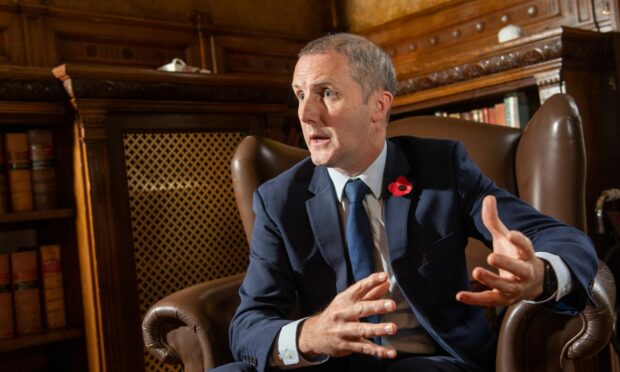
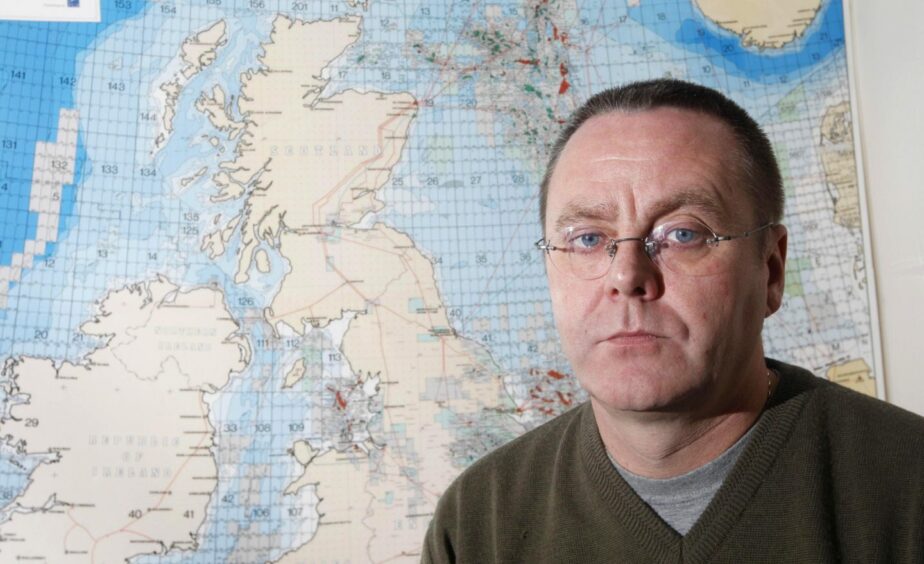
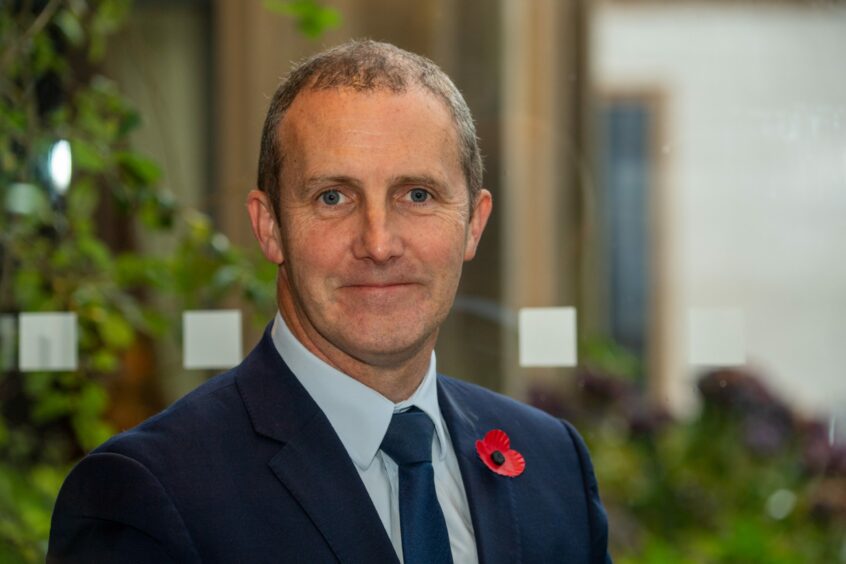





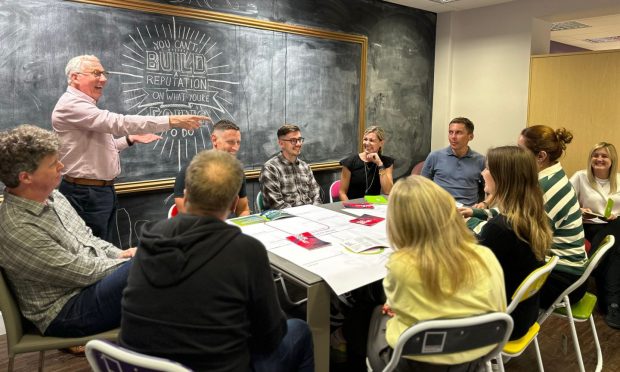
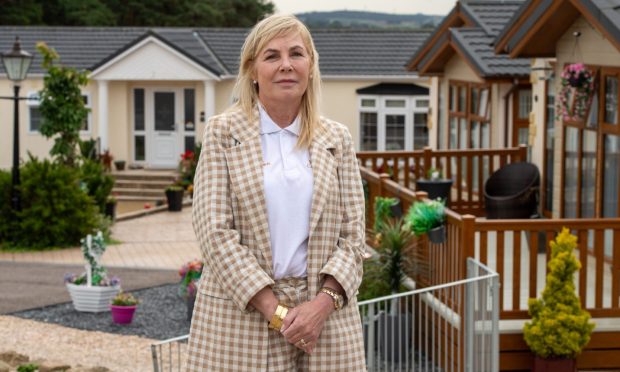





Conversation